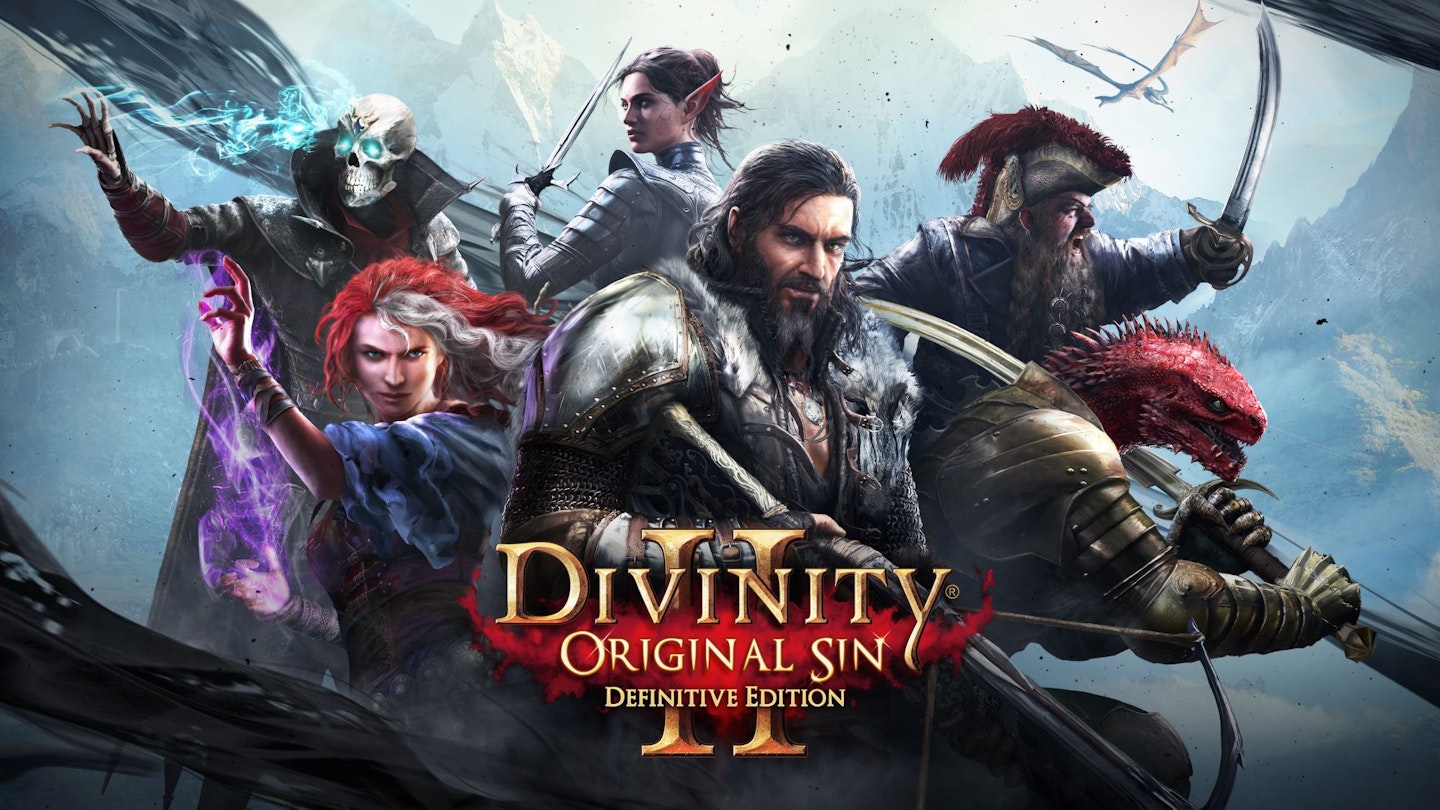On the surface, Divinity: Original Sin II Definitive Edition looks like another dungeon-plundering, dragon-slaying role-playing game. And while it certainly features its fair share of fang-baring beasts, brimming treasure chests, and other high fantasy tropes, its superb writing and engaging characters elevate it far above those genre trappings.

While the RPG sequel – originally launched on PC last year – sports a staggering amount of dialogue, delivered by an equally enormous cast, its exchanges rarely come off as clichéd or bland. Coupled with spot-on voice acting, choice-driven conversations, and quirky encounters, the nuanced writing significantly stands out in a medium that too often relies on familiar fantasy inspirations.
The care that's gone into crafting Original Sin II's conversation-supported story also extends to its gameplay, from the myriad mechanics and systems shaping your protagonist's progression path to its tactical, turn-based combat. Whether customising a character from scratch or choosing one with a pre-made origin tale, players are encouraged to endlessly mould their personal adventurer throughout the game.
You'll be continually surprised by the freedom the game affords you.
Levelling-up yields points, which are invested in primary attributes, such as strength, constitution, and intelligence. These base stats barely scratch the surface of the character-building depth, though, as abilities – both combat and civil – tags, and talents further inform how you'll perform in every conceivable situation. Invest in the “Pet Pal” talent, for example, and your journey could expand exponentially based on your ability to communicate with creatures.
This is merely a single factor, mind you, in a game absolutely brimming with character-shaping elements, all affecting each other in some way. Whether crafting a persuasive hero with a tongue sharper than their sword or a brute who prefers their spiked mace do all the talking, though, you'll want to properly prepare for Divinity: Original Sin II's difficult, yet rewarding battles.
As layered and varied as the rest of the game, combat – which has you carefully spending a limited number of action points each round – will only be won by those who've considered everything, from weapon choice and strategic positioning to elemental effects and resurrection spell use. Toss in the fact you can also tailor and tweak up to three other party members, and the combat's many layers begin to reveal themselves. Of course, if you're a Polymorph who's invested in the “Chicken Claw” skill, you can just turn your targets into poultry.

Whether talking your way out of a sticky situation, customising your character build, or fighting through a creep-filled cave, you'll be continually surprised by the freedom the game affords you. But its player-driven depth also comes with the caveat that Divinity: Original Sin II is dense, complex, and challenging. While seasoned genre fans will surely appreciate its PC-inspired charms, console gamers – maybe accustomed to a bit more hand-holding and immediate gratification from their RPGs – may not be up for trekking its steep learning curve.
If you count yourself among the former camp, though, you'll find Divinity: Original Sin II an endlessly rewarding RPG that feels as fresh and fun at the 50-hour mark as it did when you chatted up that lost cat 15 minutes in.
